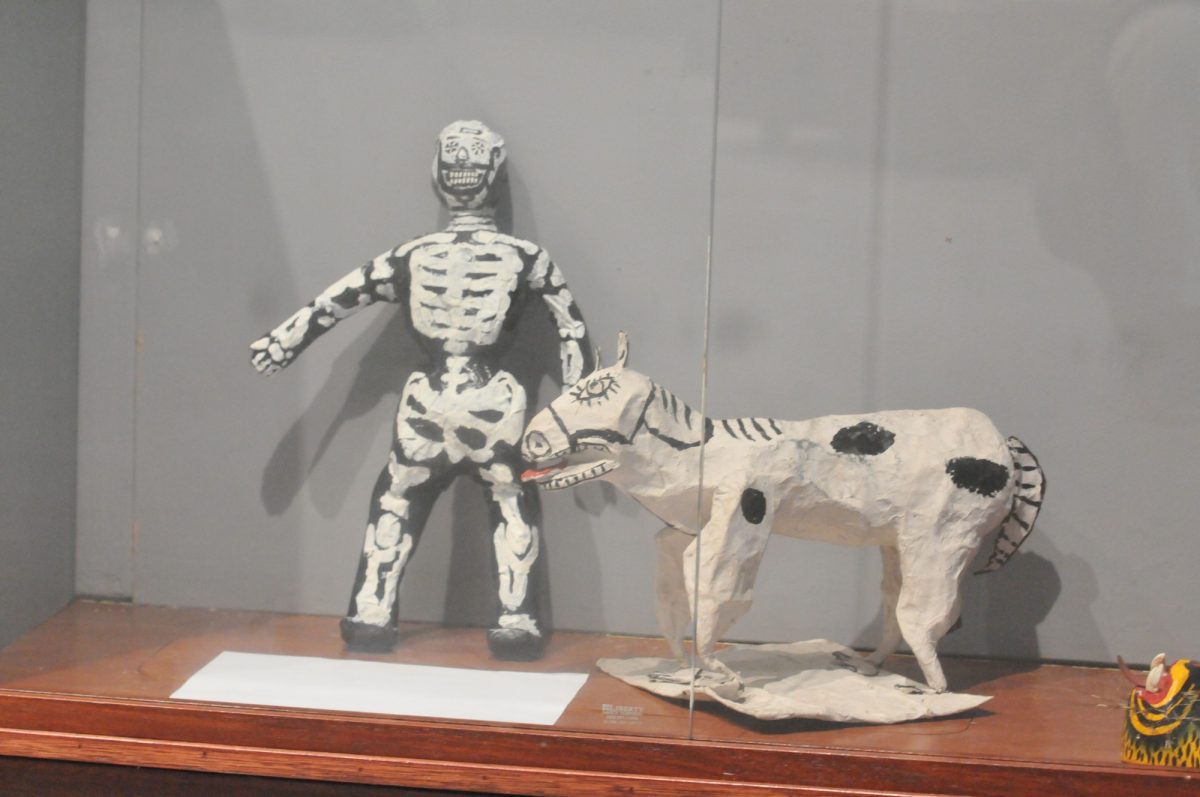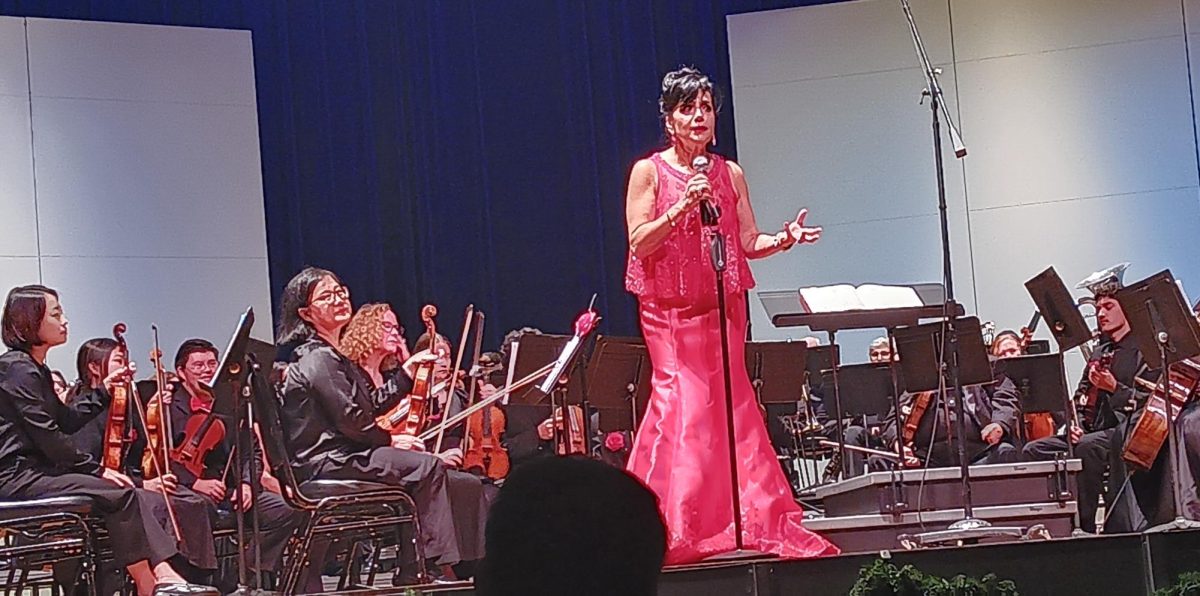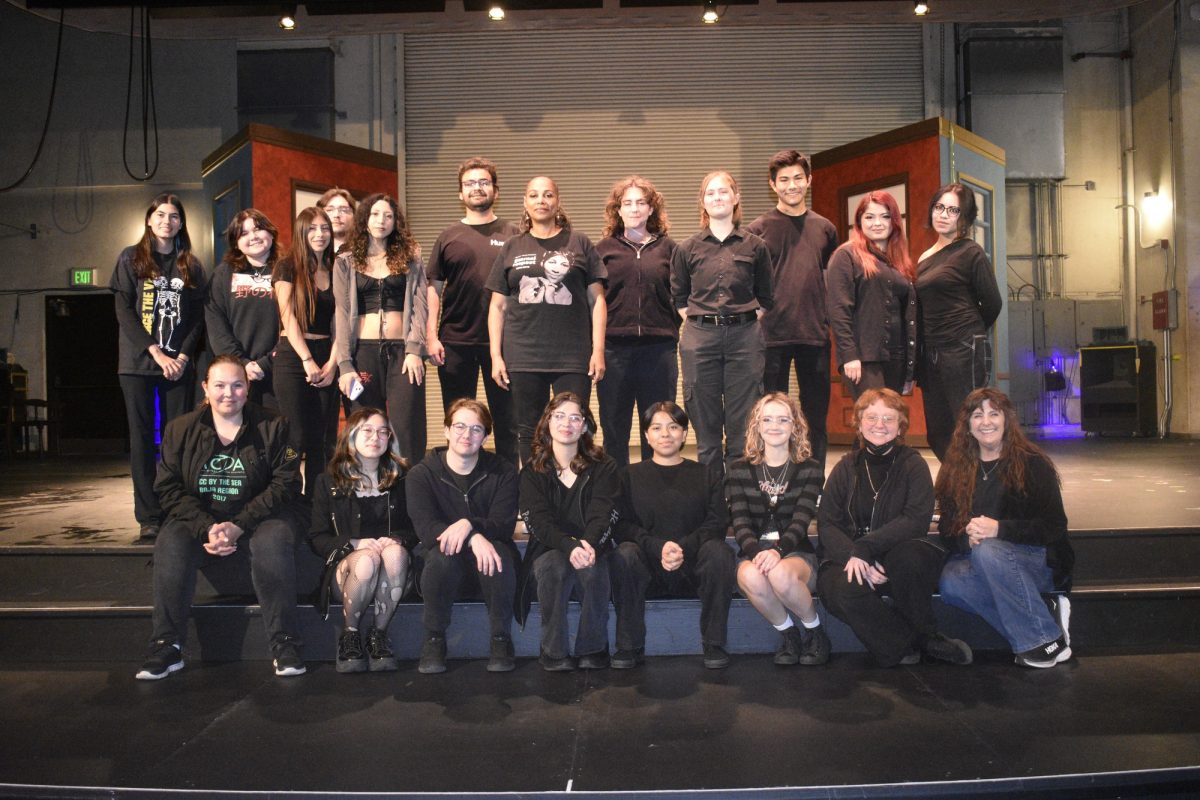Dealing with the words breast cancer can be a daunting task.
Breast cancer has already changed and, in some cases, taken the lives of those dealing directly or indirectly with it. To re-live the experiences of having to deal with the illness can bring quite a few tears to an individual.
“My aunt was very discreet about it,” Shante’ Bradford, 20 year-old, undecided major, said. “Since I was only a little girl, I think she didn’t want me to be sad and she didn’t want to cry around me.”
Bradford also remembers how it didn’t seem like her aunt had cancer because she was so happy and playful.
“That was probably her way to cope with the cancer,” Bradford said. “It didn’t seem like it because she was always happy and laughing and carrying me around, tossing me on the couch.”
Some experiences may deal with the same trauma but with a great support system, there is room for optimism.
Patricia Gebert, professor and chairperson of cosmetology, considers herself lucky enough to find her problem early and had it treated.
“I found a lump and had a biopsy and it turned out to be breast cancer,” Gebert said. “I felt shock and asked, “Why me?” I didn’t know what the next step was and I had a fear of what was going to happen.”
Gebert had a support system of both her family and her work that allowed her to keep a positive attitude.
“Starting with the entire administration, everyone on campus was supportive. Dr. Thomas Fallo, the president of the EC, even asked if I was doing well,” Gebert said. “The hardest part was telling my husband and my daughter, but it was tougher on my daughter because we were so close and she would wind up being alone if I was gone.”
In addition to her family and work, there was a group here that could give Gebert support and let her meet others who had gone through the same trauma.
“Dr. Nadine Hata, former vice president of academic affairs, started a lunch group to allow us a chance to share our stories and experiences,” Gebert said. “After she passed away, we kept up the luncheons and the support.”
Hata died in February 2005, and Angela Simon, professor of psychology, kept the support group together. This group helps newly diagnosed faculty members as the others.
“We have luncheons to help newcomers,” Gebert said. “For me, I’m excited to talk about (my experience) to someone who was just diagnosed.”
Another member of the support group, Jan Ball, associate professor of humanities, has gone through breast cancer and still healthy after nine years.
Her experiences in the last nine years have not yet broken her optimistic views.
“My breast cancer has gone into remissions for the last nine years,” Ball said. “I have lost my hair twice and I have worn wigs at work, even in different colors.”
Jan also found a lump through self-examination and had diagnosed early, but went through surgery as well as chemotherapy. Her positive attitude, as well as her support system, helped her keep an optimistic outlook.
“I found the lump myself and immediately went to my doctor and had a mammogram and several tests then had surgery and chemotherapy,” Ball said. “Most of my family were shocked and concerned for my welfare and life, but when they found out my determination to find the correct treatment, they were relieved. I also had a great support system at work.”
Others may deal with cancer at a younger age and the experience may traumatize as well as add perspective to their outlook of life.
“One day I came home from school, and next thing I knew, I felt something weird in the air,” Kyle Mizuno, psychology major, said. “Next thing I know, it was my ex telling me she had breast cancer at the age of 16. It can happen to anybody at any age.”
Even though breast cancer can be lethal, early detection helps immensely and is vital.
“Plain and simple; get screened,” Deborah Conover, coordinator of student health services, said. “I’m talking about mammograms. Work with your doctors and health care practitioners because you might not think you have it, then you might wait too long before it’s detected.”
Conover has not lost a loved one to breast cancer, but she understands the uphill battle.
This month is dedicated to the awareness of both the victims of breast cancer and those who had victims of the disease related to their lives.
“It is never an easy thing to lose a loved one, especially to something you have no control over like cancer,” Conover said. “Just continue to be strong and know that your loved one who was tragically lost is in a better and safer place. They will never have to endure the pains and aches and the drag of having to go through chemotherapy.”
Conover encourages all women and men to get checked at free mammary screening and manicure event starting Thursday provided by the Nursing and Cosmetology departments.
“Get screened, because you just never know,” Conover said.







